NAD+ and Fertility – What’s the Link?
The Nutrient Nurse®
NAD+ (Nicotinamide Adenine Dinucleotide) is a vital coenzyme found in all living cells, playing a crucial role in cellular energy production and DNA repair. Research has shown its importance in reproductive health for both men and women.
How does NAD+ support fertility?
For Women (Egg Quality & Ovarian Function)
NAD+ levels naturally decline with age, contributing to reduced egg quality and ovarian function.
Preclinical studies have shown that boosting NAD+ levels can improve oocyte (egg) quality, mitochondrial function, and embryo development potential.
Fertility clinics in the USA are now incorporating IV NAD+ as part of advanced fertility protocols to support healthier eggs, particularly for women over 35 or with diminished ovarian reserve.
Supporting Research:
· Increasing ovarian NAD+ levels improve mitochondrial functions and reverse ovarian aging- https://doi.org/10.1016/j.freeradbiomed.2020.05.003
· NAD+ Repletion Rescues Female Fertility during Reproductive Aging- https://pubmed.ncbi.nlm.nih.gov/32049001/
· Nicotinamide Mononucleotide Supplementation Reverses the Declining Quality of Maternally Aged Oocytes - https://doi.org/10.1016/j.celrep.2020.107987
For Men (Sperm Quality & DNA Integrity)
NAD+ is essential for maintaining mitochondrial health in sperm, impacting motility, energy, and DNA integrity.
Some USA fertility clinics report improvements in sperm motility and morphology when NAD+ therapy is combined with lifestyle interventions and antioxidants.
Supporting Research:
· Relationship between sperm NAD + concentration and reproductive aging in normozoospermia men: A Cohort study - 10.1186/s12894-022-01107-3
· Current Insights & a Potential Role of NAD in the Reproductive Health of Aging Fathers and Their Children - 10.1530/REP-23-0486
Research rationale:
1. Cellular energy production (ATP):
NAD+ is essential for mitochondrial function, supporting the energy demands of egg maturation and sperm motility.
2. Oocyte quality and embryo development:
Preclinical studies suggest NAD+ levels decline with age, and replenishment may improve egg quality and embryo viability by reducing oxidative damage and supporting mitochondrial health.
3. Sperm health:
Improved mitochondrial function from NAD+ can enhance sperm motility and integrity, important for fertilisation success.
4. DNA repair and cellular resilience:
NAD+ activates sirtuins and PARPs, enzymes involved in DNA repair, stress resistance, and genomic stability.
If you’re curious to learn how you can support your NAD+ levels, please contact us.
